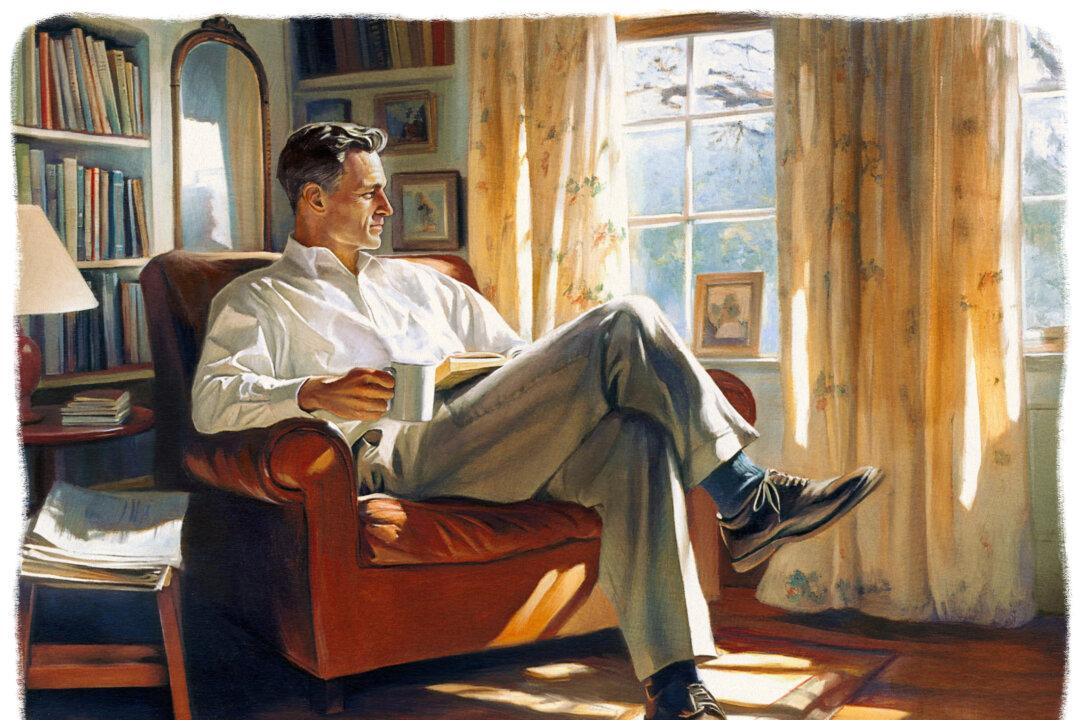In the film “Finding Forrester,” young wannabe writer Jamal Wallace (Rob Brown) asks his future mentor William Forrester (Sean Connery) about a novel he’d written decades earlier. When Jamal presses Forrester for details, the old writer cuts him off, “What were you going to say? I should tell you everything about me?”
Jamal answers, “Well, I told you about me.”






